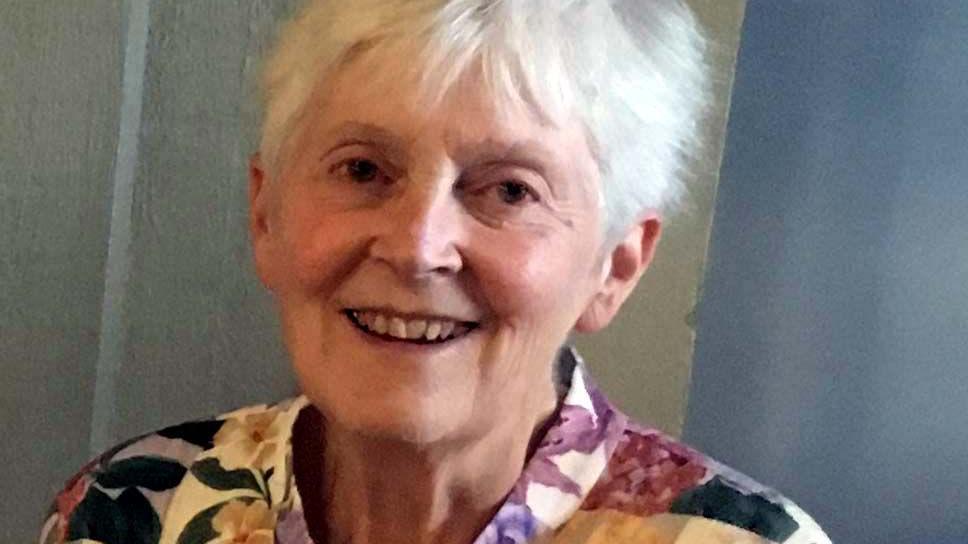'People mistake my tremor as a nervous shake'

Lindsay Wright has started running a support group for the National Tremor Foundation
- Published
A woman living with a debilitating tremor has started a local support group for other people with the condition.
Lindsay Wright, 72, from Colchester, was first diagnosed with essential tremor 15 years ago.
Essential tremor is a neurological disorder characterised by involuntary, rhythmic shaking, typically affecting the hands, but sometimes extending to the head, voice, and other parts of the body.
"It's hard, people just think you're nervous with your voice or people think you've got Parkinson's," she told BBC Essex.
"Many people haven't heard of essential tremor and yet it is the most common tremor."
She added: "It's hard putting on lipstick and cleaning my teeth - all these things become hard work."
Ms Wright has been on the waiting list for a specialised ultrasound treatment for the last two years.
Lindsay Wright has started running a support group for the National Tremor Foundation
About a million people in the UK live with the condition, according to the NHS.
Initially the condition affected her left hand the most, and after seeing a GP and neurologist in her 50s, she was told she had essential tremor.
Ms Wright used to work as a social worker and managed an adoption service in London.
"It's got worse over the years in this hand and in my right, and in the last year it's gone into my head," she explained.
"I have no medication for my hands but I have a Botox injection in my vocal chords to help my tremor.
"Some people with essential tremor - they can't do anything with their hands.
"People are embarrassed because they can't hold a cup or they can't eat their dinner. I can't use a spoon.
"You just have to find some confidence and that's why support groups are good."

Lord Julian Fellowes, the Oscar winning writer and creator of Downton Abbey, has had the condition for the past decade - but he had the ultrasound operation earlier this year
The focused ultrasound treatment, which Ms Wright is on the waiting list for, combines high-intensity ultrasound energy and magnetic resonance imaging (MRI) to ablate or burn small areas of brain tissue that cause tremors.
The operation is only provided at The Walton Centre in Liverpool, St Mary's Hospital in London, Queen Square imaging centre in London, and Ninewells Hospital in Dundee.
Lord Julian Fellowes, the Oscar-winning writer and creator of Downton Abbey, has been living with the disorder for the past decade, but had the focused ultrasound operation in May.
He said the procedure gave him the ability to write again and added: "I've essentially cured the tremor of my right hand, and I want people to know that."
Anyone wanting to join Ms Wright's support group in Colchester can contact her directly, external.
Get in touch
Do you have a story suggestion for Essex?
Follow Essex news on BBC Sounds, Facebook, external, Instagram, external and X, external.
Related topics
- Published5 October
